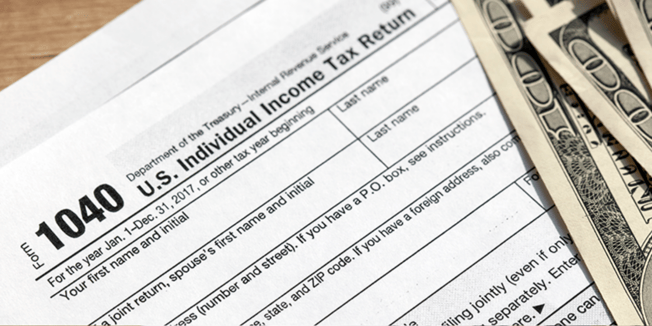 For many Oregonians, quirky cultural norms come naturally. For better or worse, this quirkiness sometimes extends to Oregon’s tax laws. For an example of this, look no further than Oregon’s unique “kicker” tax rebate law.
For many Oregonians, quirky cultural norms come naturally. For better or worse, this quirkiness sometimes extends to Oregon’s tax laws. For an example of this, look no further than Oregon’s unique “kicker” tax rebate law.
What is this odd, completely-unique-to-Oregon tax law? A ballot measure way back in 1980 first implemented this tax policy, but 1999 is the year when the law’s current form became part of the Oregon Constitution. It works like this: when the Oregon Department of Revenue collects a surplus of tax revenue for the fiscal year, taxpayers receive a portion of that surplus. The surplus is the excess of what economists projected for revenue during the fiscal year versus what was collected from Oregonians. This “kicker” back to Oregon taxpayers does not happen every year and, quite frankly, does not happen very often.
Let’s put aside the political debates surrounding this unique law or whether it will be repealed in the future. Instead, let’s explore how this tax law might affect you when you file in 2020:
Will there be a “kicker” rebate this year?
Yes.
Are you eligible for this rebate?
If you filed an Oregon tax return in 2018 and had tax due before credits, you are eligible.
How much will your rebate be?
It all depends. Multiply your 2018 Oregon income tax liability before any credits—line 22 on the 2018 Form OR-40—by 16%. This 16% is much higher than most “kickers” have been in the past.
How will you receive this rebate?
You will receive the rebate as a credit on your 2019 state personal income tax return filed in 2020.
The Oregon Department of Revenue has even announced a “Kicker Calculator” will be added to their website in January 2020. Overall, whether you have been expecting this rebate or this news is arriving as a pleasant surprise, be sure to consider the impact of your “kicker” during the 2020 tax season.

